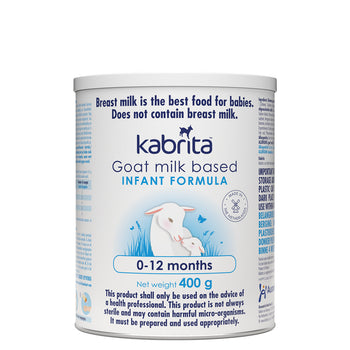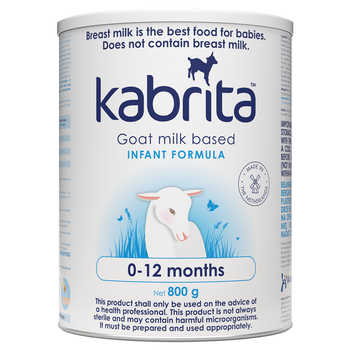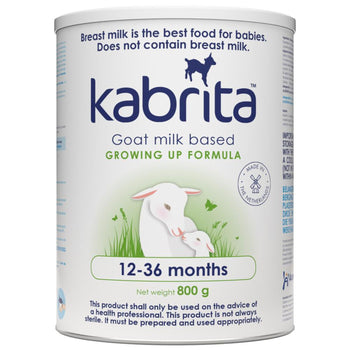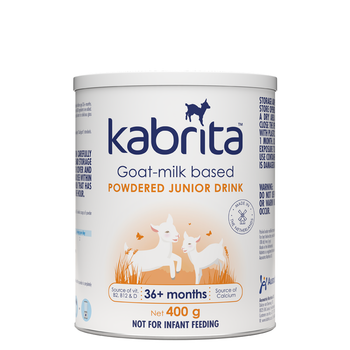Pregnancy nutrition
Eating for two
One of the biggest misunderstandings is that eating for two automatically means that you have to eat twice as much. If you have a healthy weight and are not getting twins or triplets, than doubling your food intake will be absolutely unnecessary and will only result in excessive weight gain, which in turn can increase the risk of complications during the pregnancy. Although your baby and growing body will require additional nutrients, they can count on the support of mother nature that has programmed your body to become more efficient during a pregnancy, allowing it to absorb more nutrients from the foods you eat. Thanks to this higher efficiency you don’t need any extra calories in your first trimester and only about 340 and 450 extra calories a day in your second and third trimester (according to the Institute of Medicine).
Changing nutritional needs
So does this mean that you have to change nothing at all? No it doesn’t. When you are pregnant your nutritional needs will change and eating healthy foods will be more important than ever. There are a number of nutrients that are particular important during (and before) your pregnancy. These are:
- Folic acid (folate) which helps to reduce the risk of preterm delivery.
- Calcium which builds strong bones and teeth and helps your muscular, circulatory and nervous system to function normally.
- Vitamin D which also helps to build your baby’s bones and teeth.
- Protein which promotes your baby’s growth (especially during the second and third trimester).
- Iron which helps to prevent anemia
Although a healthy and balanced diet consisting of dairy products, meat, fruits, vegetables, grains, and legumes. will provide most of these nutrients it is still recommended to additionally take a prenatal vitamin-mineral supplement. These supplements (whether it are pills or milk formulas) are developed to meet the unique nutritional needs of pregnant women and will help you to get sufficient levels of these crucial nutrients.
Which foods should be avoided during pregnancy
There are certain foods that should be avoided during pregnancy.
- Soft cheeses and other non-pasteurized milk products
Soft cheeses and other non-pasteurized milk products have not been pasteurized (heated) and can therefore still harbor the listeria bacteria. This bacteria can be dangerous or even life-threatening for you and your baby and should be avoided at all cost. Always check the ingredient list and inform the waiter that you are pregnant when going out to eat. - Raw or under cooked meat and poultry
Raw or under cooked meat and poultry can contain a variety of bacteria that can harm your unborn child. Make sure all meat and poultry is fully cooked to kill these harmful bacteria before eating it. Whole cuts should be at least 145 F, ground meats like hamburgers should be 160 F and poultry like chicken breasts should be 165 F. - (Raw) fish and seafood
Raw fish and seafood are a source of potential harmful bacteria and parasites and should be fully avoided during pregnancy (this includes sushi). Fish in general often contains traces of a metal called methyl mercury, which in high doses is harmful to the growing brains of fetuses and young children. Therefore fish should be limited to a maximum of two servings a week. - Alcohol
Even a small amount of alcohol can be harmful to your unborn child and therefore it is best to avoid all forms of alcohol during your pregnancy. - Caffeine
Research has shown that a moderate amount of caffeine is safe during pregnancy. However, there is still debate whether this also applies to higher amounts of caffeine or if it increases the chance for a miscarriage. Just to be safe you could consider limiting your caffeine consumption to about 200 milligram a day (about one 12-ounce cup of coffee). Keep in mind that caffeine not only comes from coffee, but is also found in tea, chocolate, soda and energy drinks.



